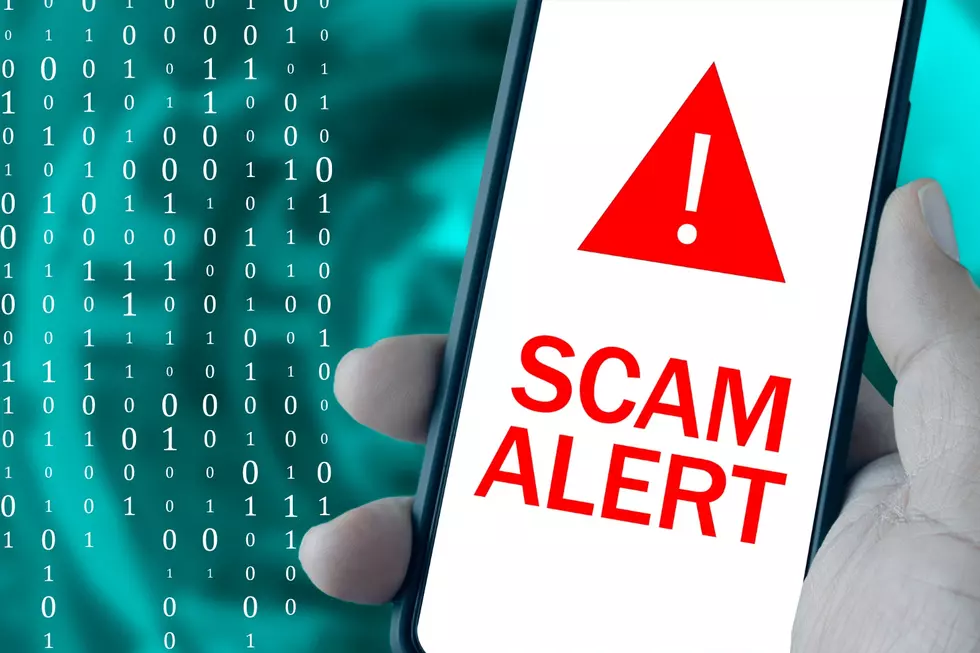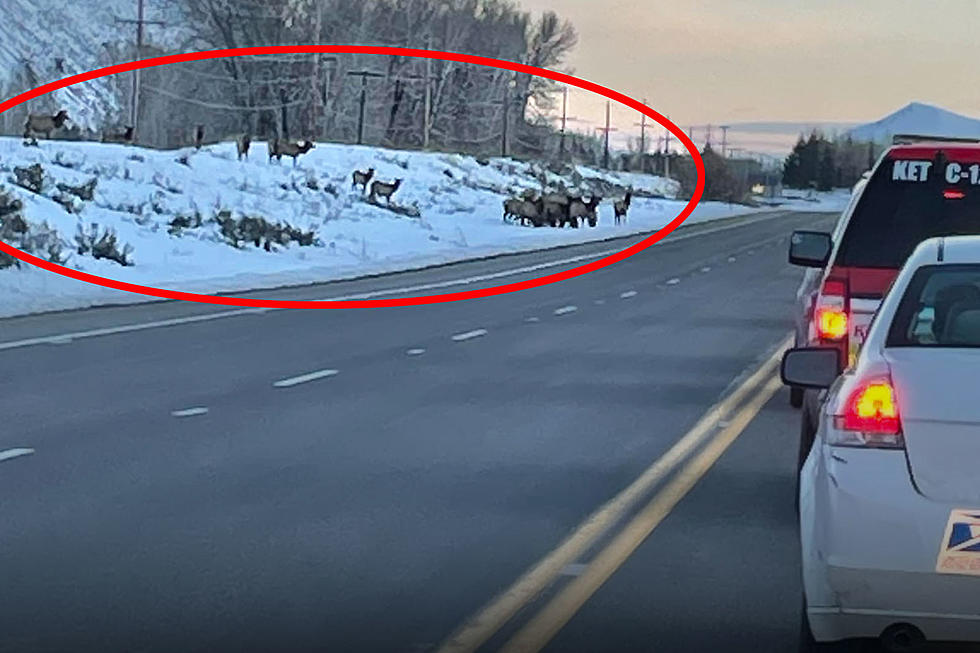
Are Californians Being Targeted By a New Government Phishing Scam?
The Federal Trade Commission and United States Postal Inspection Service recently issued a warning about “smishing” scams. Their warning has taught smartphone users to question any text they get from what appears to be a government agency.
While we covered the United States Postal Inspection Service’s warning in great detail, we’ll give you a brief recap. Hackers have been sending USPS customers a text message claiming they need more information from you to complete a delivery.
The text message includes a link to a page where they attempt to collect sensitive information like usernames, passwords or credit card numbers so that your package isn’t “returned to sender.” The USPS says they will NEVER contact a customer with text messages about your delivery, unless you request that information first. Even if you opt in, their text messages do not contain links.
Are Idahoans and Californians Being Targeted By a NEW Smishing Scam?
We took their advice to heart, so naturally we were startled when we received this text message:
Listen, we’re nerds. When we received our letter for the 2020 Census, we were way too excited to fill it out. When the 2010 Census was conducted, we were in college and living with our parents. This was the first time as a grown adult that we had the opportunity to be part of something we’d learned about in school. It was nerdy, but so cool.
READ MORE: Postal Service Warns Idaho & California Citizens About Risky 'Smishing' Scam
The idea of getting to be part of another one of their surveys without having to wait another six years was intriguing, but was it REALLY the Census Bureau that wanted my opinion on the economy, health and education? All of the cyber security training we’ve had to take at work made us dig a little deeper.
The Text Message Was a Legitimate Message from the Federal Government
The United States Census Bureau conducts several other surveys in addition to the every-10-year census that you learned about in school. In fact, they conduct more than 130 surveys and programs every year. You may be familiar with the American Community Survey which the Census Bureau describes as the “premier source for information about America’s changing population, housing and workforce.” It’s been a source for several of our articles about California to Idaho migration, commute times and divorce rates.
More than 3.5 million households are selected to be part of the on-going annual survey. If you’re selected to participate in the ACS, you are legally required to answer the questions to the best of your ability. The data collected influences many decisions made by the federal, state and local government
Another one of the surveys is the Household Pulse Survey which the bureau describes as a way to “quickly and efficiently measure how emergent social and economic issues are impacting the U.S.” Participants are randomly selected by their address and are contacted by e-mail or text messages sent from “39242.” Those texts will include a link to the survey with “survey.census.gov” in the URL. That is EXACTLY, the text message that we got.

The current Household Pulse Survey aims to collect data about employment status, food security, housing security and physical well being. Once we knew it was legit, we took the survey and were asked some of the following questions:
11 Questions That Appear on the United States Census Bureau's Household Pulse Survey
Gallery Credit: Michelle Heart
As you can see, the questions were all over the board and some of them were pretty personal. Although, it did provide a list of resources for things like unemployment, finding meals for kids, and mental health resources, which we appreciated.
The only information we were asked that connected back to our personal information was our address. The survey did not ask for our names or other identifying information, unless we wanted to be included in future optional surveys to help the U.S. Census Bureau.
The Household Pulse Survey is optional but the data can influence public policy and community resources. You can also search the results HERE.
KEEP READING: Idahoans Keep Falling for These 6 Common Scams
Gallery Credit: Michelle Heart
Five Area Codes Scammers Use to Scam Unsuspecting Idahoans and Californians
Gallery Credit: Michelle Heart
More From Idaho’s Talk Station







